Lessons
Our series are curated collections of lessons that walk through a specific topic from beginning to end. Series are a great way to learn a topic in a structured way.

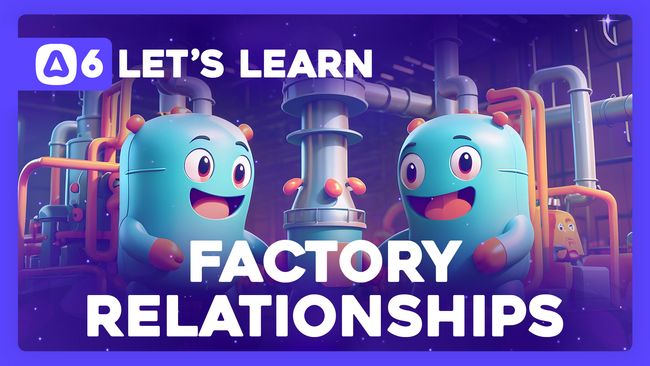

Model Factory Relationships
In this lesson, we'll learn how to use relationships with our Model Factories; easing our capabilities to quickly generate fake data with relationships.



Defining One to One Relationships Within Lucid Models
In this lesson, we'll learn how to define one-to-one relationships within our Lucid Models. We'll learn about the belongs to and has one decorators, their options, and types that make this possible.

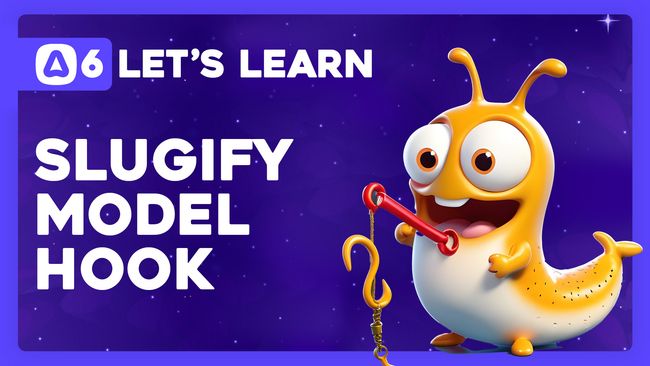

Let's Learn AdonisJS 6 #4.17
Generating A Unique Movie Slug With Model Hooks
In this lesson, we'll learn how we can use Model Hooks to generate a unique URL-safe slug based on the movie's title.

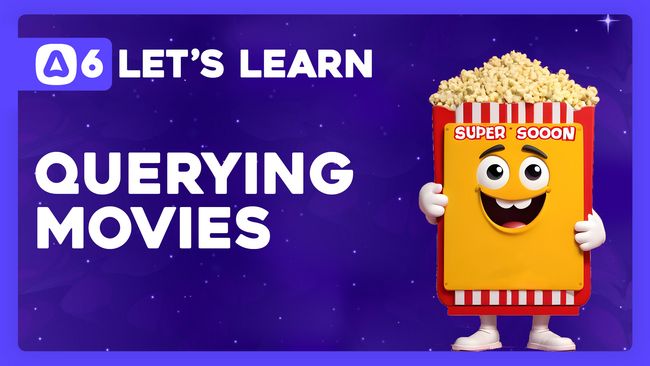

Let's Learn AdonisJS 6 #4.16
Querying Recently Released and Coming Soon Movies
In this lesson, we'll learn how to use the Model Query Builder to query our movies that have been recently released. We'll then do a separate query to get movies that are coming soon.

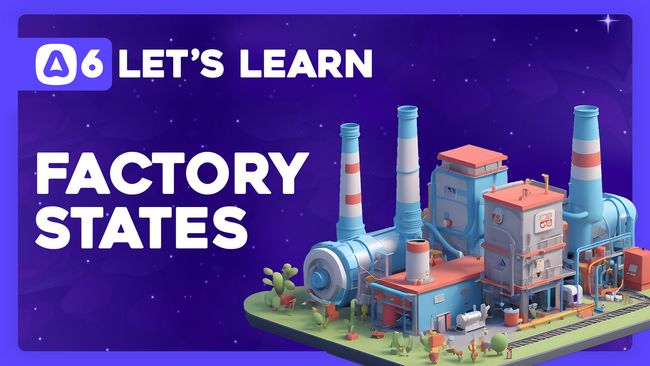

Let's Learn AdonisJS 6 #4.15
Tapping into Model Factory States
In this lesson, we'll dive a little bit deeper into Model Factories by introducing factory states. We'll also learn how we can use the tap method to alter a factory result prior to it persisting into the database

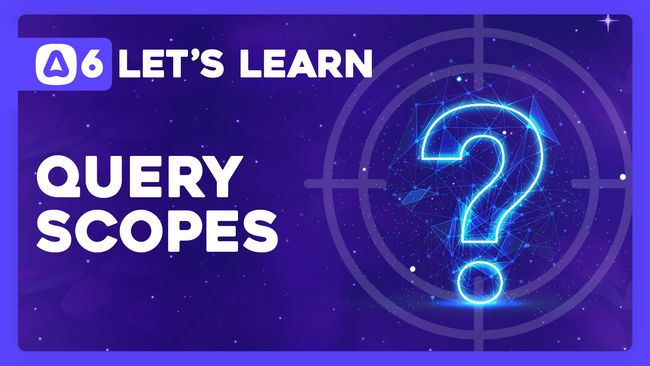

Let's Learn AdonisJS 6 #4.14
Reusable Query Statements with Model Query Scopes
In this lesson, we'll learn about Model Query Scopes and how we can use them to create easily reusable query statements that we can apply using the Model Query Builder.

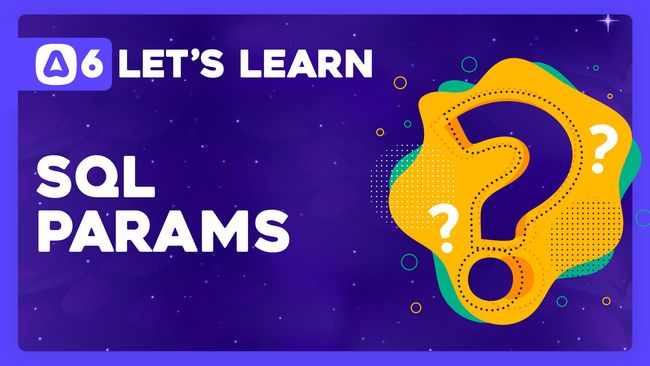

Let's Learn AdonisJS 6 #4.13
SQL Parameters and Injection Protection
In this lesson, we'll learn about SQL Parameters, also called query bindings, and how using them helps safeguard our database from malicious attacks attempting to perform SQL Injection.



Let's Learn AdonisJS 6 #4.12
Adding A Profile Model, Migration, Factory, and Controller
Uh oh, a new requirement has come in and now we also need to account for user profiles! In this lesson, we'll learn how we can easily create a new model, migration, factory, and controller for an entity in one fell swoop!

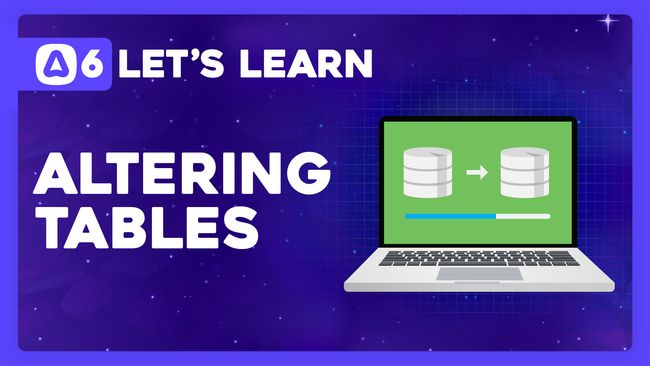

Let's Learn AdonisJS 6 #4.11
Altering Tables with Migrations
In this lesson, we'll learn how to alter our database tables using migrations both while in development, where we can delete our data, and once our data has already hit production where we need to persist all data.

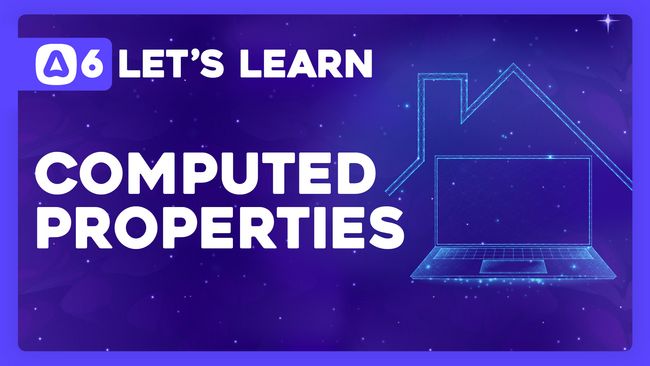

Let's Learn AdonisJS 6 #4.10
Unmapped and Computed Model Properties
In this lesson, we'll learn how to add unmapped and computed properties to our Lucid Models. We'll discuss the differences between a model column, unmapped property, and a computed property.

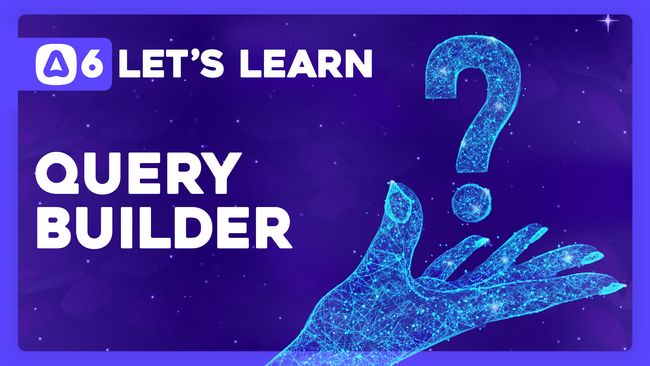

Querying Our Movies with the Query Builder
In this lesson, we'll introduce both the database and model query builder. We'll learn the differences between the two and the basics of how to use them.

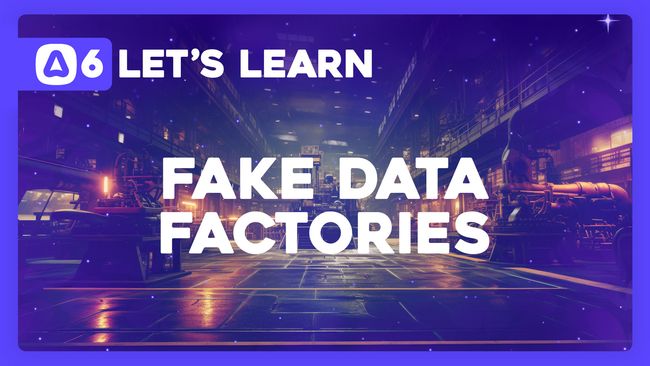

Stubbing Fake Data with Model Factories
In this lesson, we'll learn how we can quickly and easily bulk-create dummy/fake data within our database for each of our Lucid Models using Model Factories

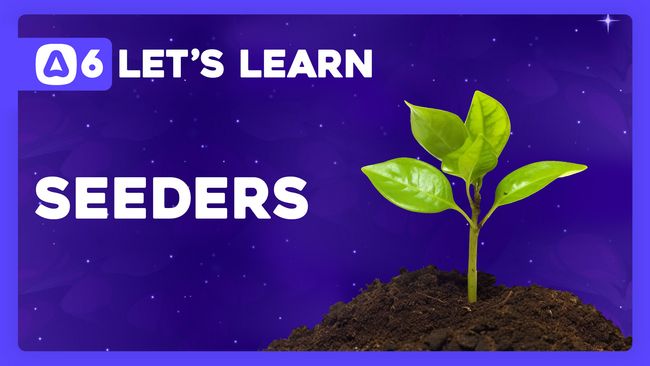

Defining Required Data with Seeders
Our database will have specific, non-changing, roles and movie statuses. In this lesson, we'll learn how we can quickly and easily create these records inside of our database using seeders.



The Basics of CRUD
In this lesson, we'll walk through the basics of creating, reading, updating, and deleting (CRUD) data from our database using our Lucid Models.

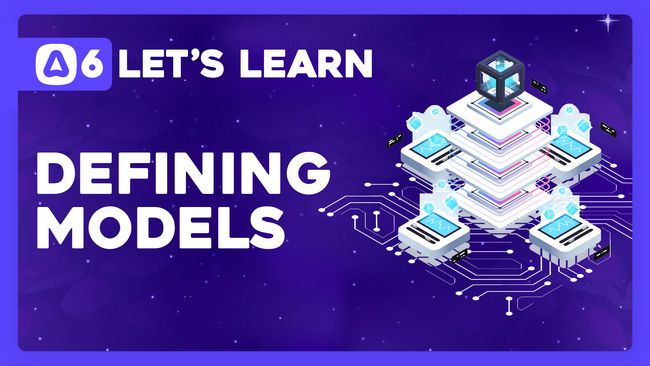

Defining Our Models
In this lesson, we'll walk through the process of defining all our database tables and columns as models and properties within our application.

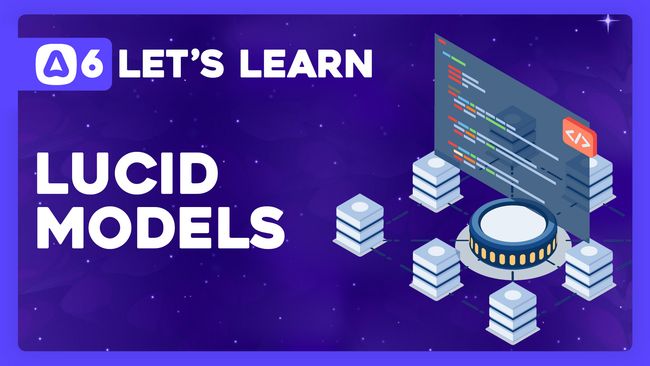

Introducing Lucid Models
In this lesson, we'll introduce models using the Lucid ORM. We'll learn how we can map database columns to our model properties and specify special behavior for our date time columns.

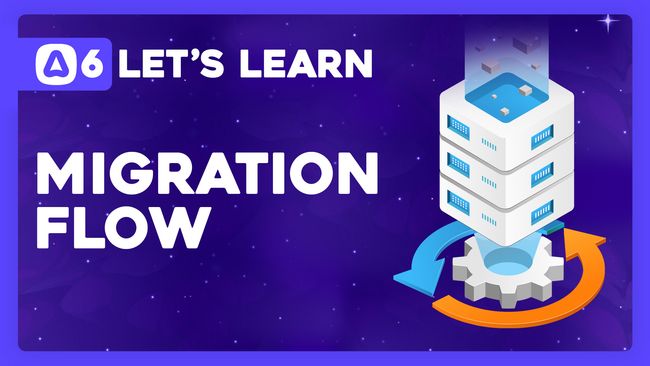

The Flow of Migrations
In this lesson, we'll learn about the various migration-based commands made available by the Ace CLI and how they interact with our migration files. We'll use these commands to run, rollback, and refresh our migrations against our database.

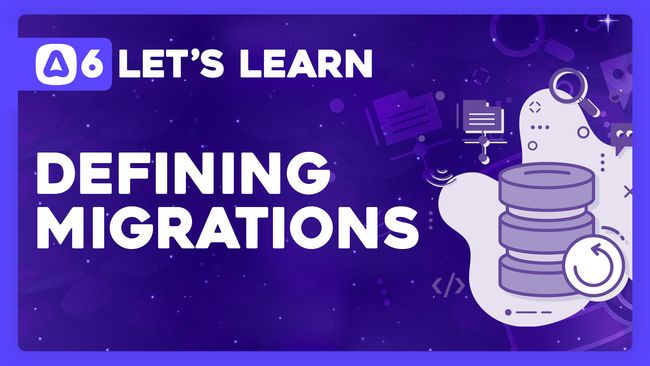

Introducing and Defining Database Migrations
In this lesson, we'll introduce database migrations. We'll learn what they are, why they're great to have, and how we can create and use them to define our database tables and their columns.
Showing 235 to 252 of 441 results